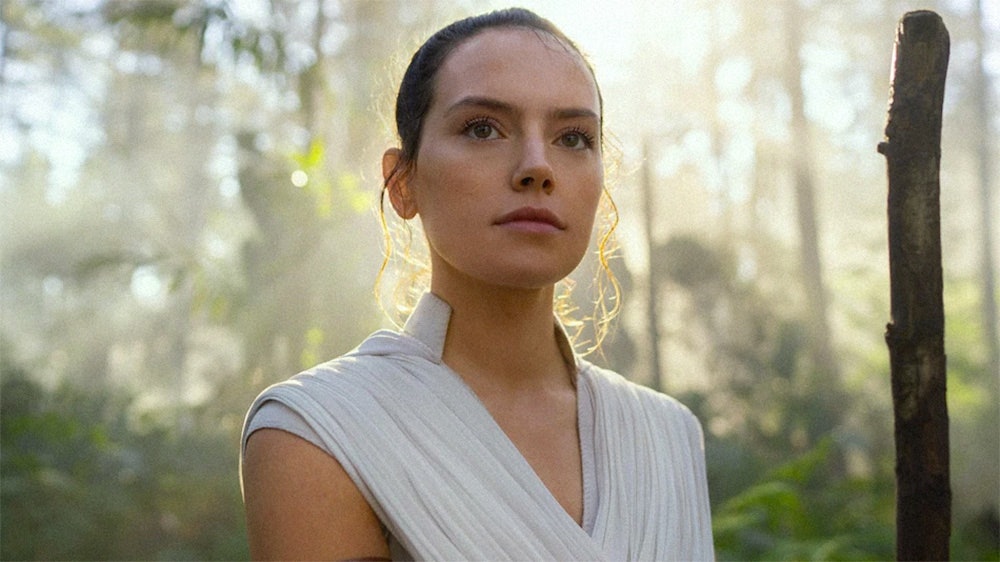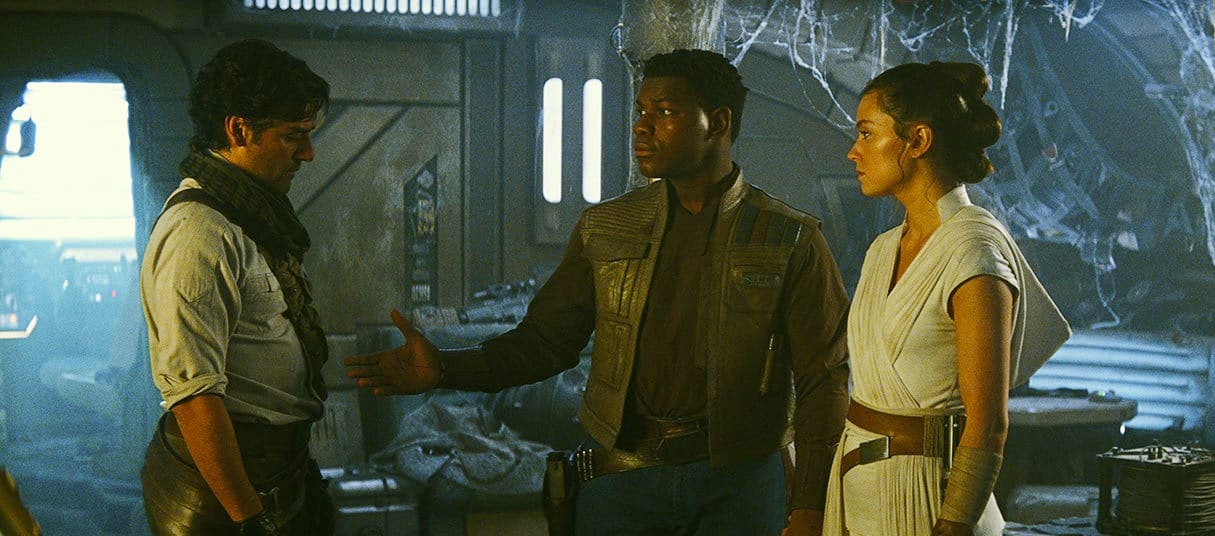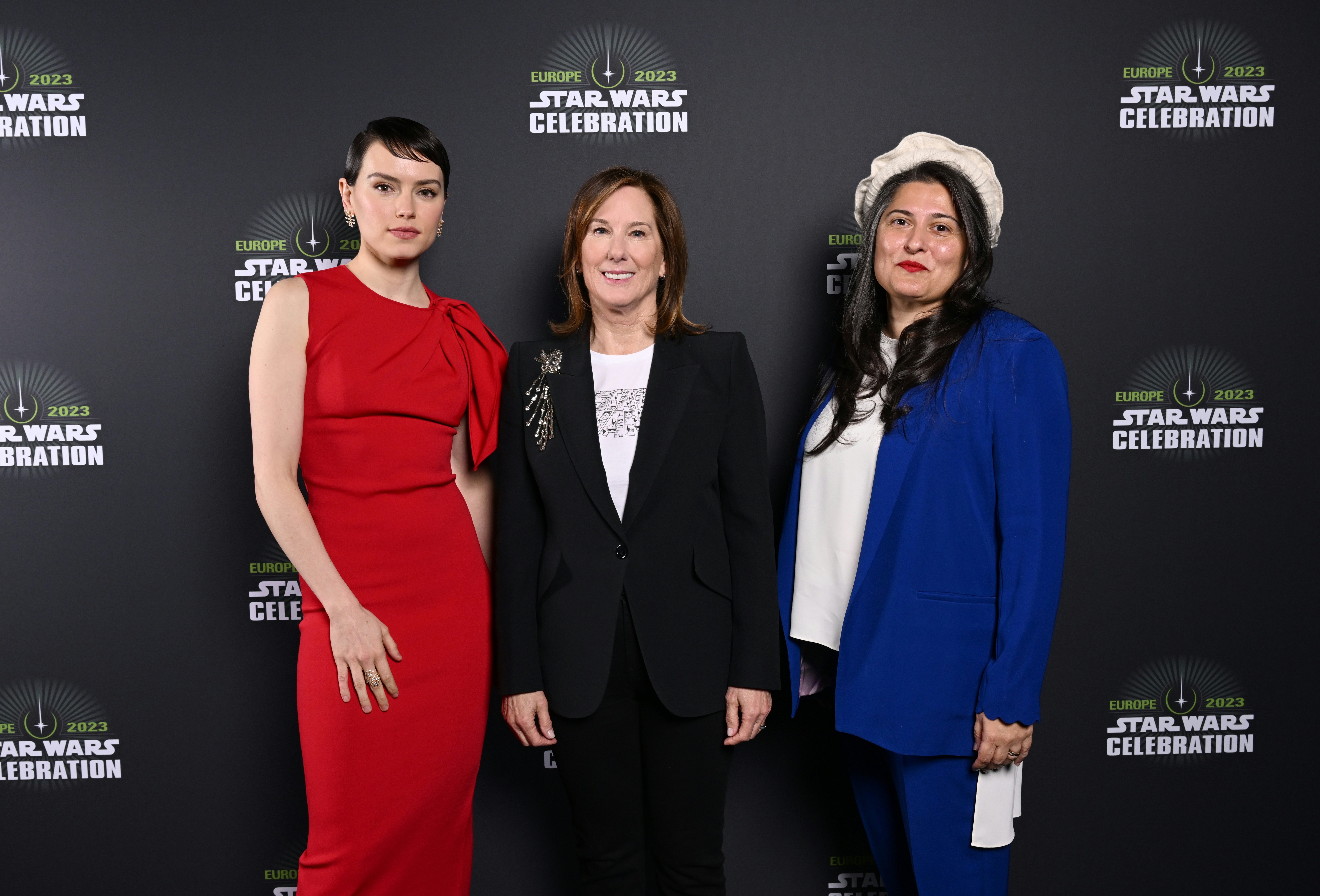
After almost five years, the Star Wars saga is finally heading back to the big screen. Lucasfilm has a few promising films in the pipeline, but there’s one in particular that will present a historical shift for the franchise: the untitled Star Wars sequel starring Daisy Ridley. Ridley will reprise her role as Rey, this time in a sequel set some 15 years after her last appearance in Star Wars: The Rise of Skywalker.
Not much is known about the yet-untitled film, other than its unique place in the Star Wars timeline. When next we see Rey, she’ll be a fully-fledged Jedi Master. She might even be teaching an all-new class of Jedi hopefuls in the ways of the Force. If all goes to plan, the film could further the downright radical ideas that the sequel trilogy first introduced — but that won’t be the only interesting development.
Lucasfilm’s Rey movie will be helmed by Oscar-winning filmmaker Sharmeen Obaid-Chinoy. She’s the first woman, and the first person of color, to direct a Star Wars film — and it’s not a responsibility she takes lightly. Speaking to CNN on New Year’s Eve, Obaid-Chinoy confessed to feeling “thrilled” about the project, and about the doors it could open for other female filmmakers.
“I feel what we’re about to create is something very special,” the director mused. “We’re in 2024 now, and it’s about time that we had a woman come forward to shape a story in a galaxy far, far away.”

Obaid-Chinoy’s comments cut right to the heart of one of Lucasfilm’s biggest blind spots. No Star Wars film has ever been helmed by a female director, though women have helped shape the saga from the very beginning. Star Wars wouldn’t be what it is today without editor Marcia Lucas, or screenwriters Gloria Katz and Leigh Brackett. Lucasfilm president Kathleen Kennedy has also been shepherding the company for years, so there hasn’t been a total dearth of female leadership.
That said, it’s taken a while for that same inclusive impulse to trickle down to the director’s chair. The franchise has made great strides on the small screen, but getting a female-directed Star Wars film off the ground has proven more difficult. For what it’s worth, that seems to be the case across the board: according to a new report by USC Annenberg’s Inclusion Initiative, female directors are still struggling to score the same high-profile opportunities as their male contemporaries.

Out of the 116 highest-grossing films released in 2023, just 12.1% were helmed by women. That might seem surprising, as 2023 was the year of highly-visible female-led stories. But the success of films like Barbie has proven to be the exception, while the industry’s efforts to diversify film sets remains “performative” at best.
Lucasfilm is just one of many studios behind the curve. That’s not meant to absolve the company, but to illustrate how much the industry as a whole still needs to improve. Hopefully Obaid-Chinoy’s upcoming film will help change things for the better, but Hollywood still has a long way to go before female-directed films aren’t such a novelty.







